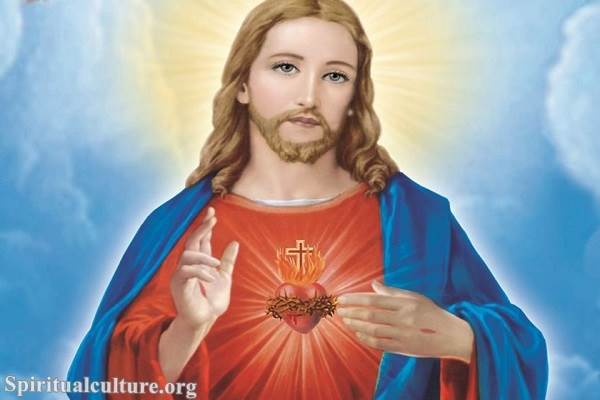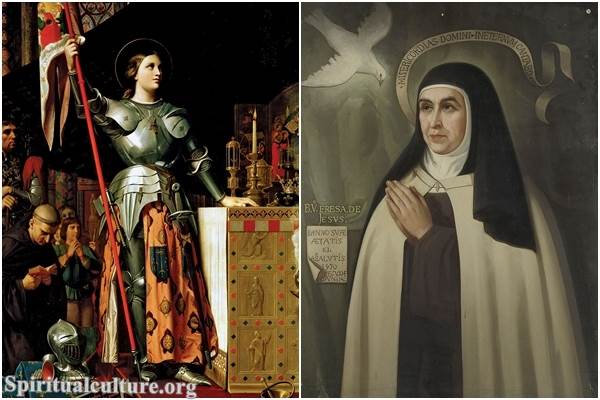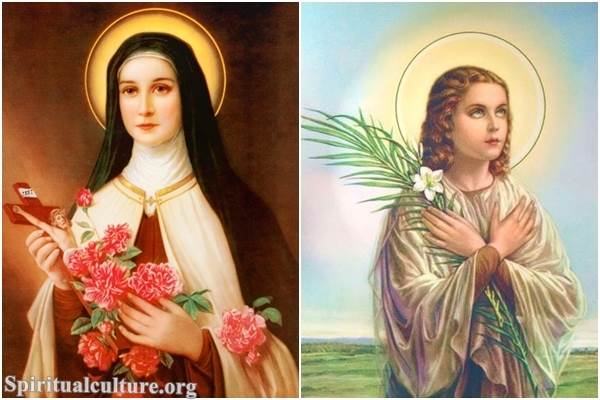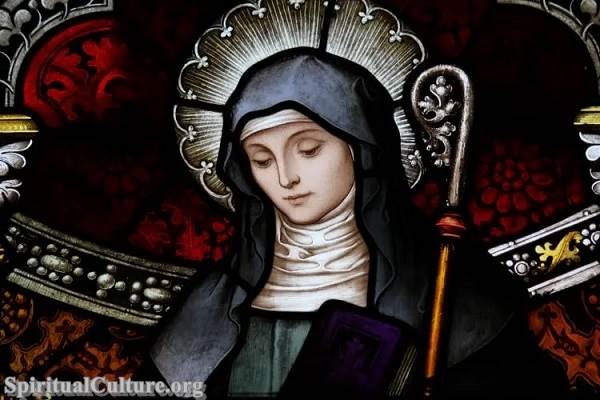This article aims to delve deeper into the life of Saint Jude, his association with Catholic faith, and his significance in modern Catholicism.
The name Saint Jude is prominently featured in the New Testament as one of the twelve apostles of Jesus Christ. In the list of apostles, Jude is often referred to as Thaddeus to avoid confusion with Judas Iscariot, the apostle who betrayed Jesus. The name Jude means “giver of joy,” while Thaddeus stands for “generous” or “kind-hearted,” both of which appropriately reflect the character and virtues of this revered saint.
Catholicism and Saint Jude
In Catholicism, Saint Jude is revered as the patron saint of lost causes or desperate situations. This reputation is believed to have originated from the confusion between his name and that of Judas Iscariot, leading to a lesser frequency of prayers directed to him. As a result, the faithful began to invoke his name in the most challenging circumstances, believing that he would be eager to assist them and prove his fidelity to Christ.
The Catholic Church has always held Saint Jude in high esteem, evident from his frequent depiction in religious art, literature, and prayers. He is often portrayed holding an image of Jesus Christ, known as a medallion, in his right hand – a reference to the legend of King Abgar of Edessa who, suffering from leprosy, had sent a letter to Jesus asking for his healing. In response, Jesus is said to have pressed his face into a cloth and given it to Jude to take to the king. Upon receiving the cloth, King Abgar was miraculously healed. This story further reinforces the belief in Saint Jude’s intercession in desperate situations.
Saint Jude and Modern Catholicism
In modern Catholicism, Saint Jude continues to hold an influential position. His feast day, celebrated on October 28th, is a significant event in the Catholic calendar. Many faithful participate in Novenas—nine days of prayer—to Saint Jude for his intercession in their most desperate needs.
The impact of Saint Jude in Catholic life is also seen through the numerous churches, hospitals, and institutions named after him. One of the most prominent examples is the St. Jude Children’s Research Hospital in Memphis, Tennessee, which is dedicated to finding cures for children with catastrophic diseases. The hospital embodies the spirit of Saint Jude, providing hope in seemingly hopeless situations.
Conclusion
Saint Jude, the patron saint of lost causes, holds a unique and significant place in Catholicism. His life and legends serve as a beacon of hope for many Catholics facing desperate situations. He is a testament to the belief that faith can bring light into the darkest corners of our lives.
In the Catholic faith, saints are seen not only as models of holiness but also as intercessors who can help us in our earthly struggles. Saint Jude, with his association with lost causes, embodies this role perfectly. His enduring popularity in modern Catholicism serves as a reminder of the power of faith and the hope that no cause is ever truly lost.






